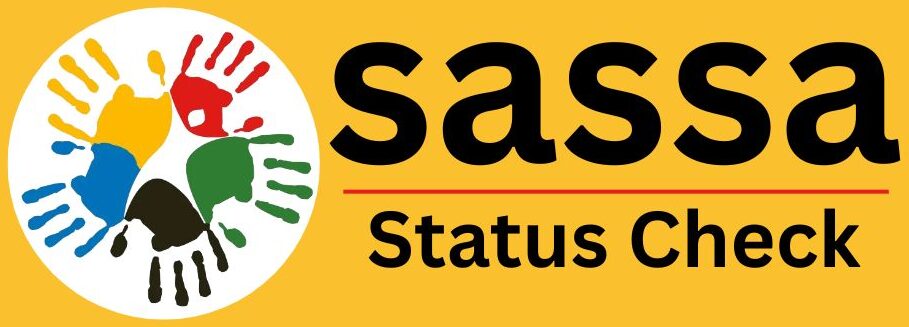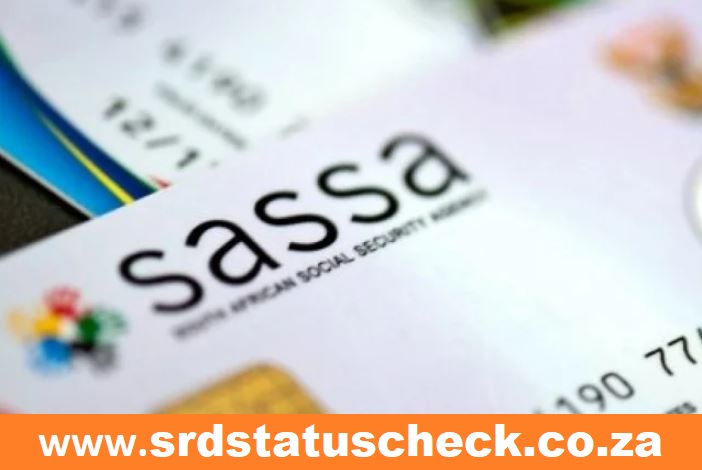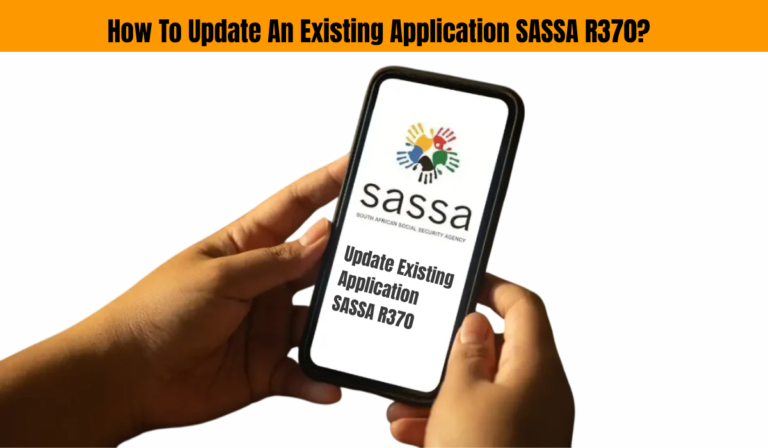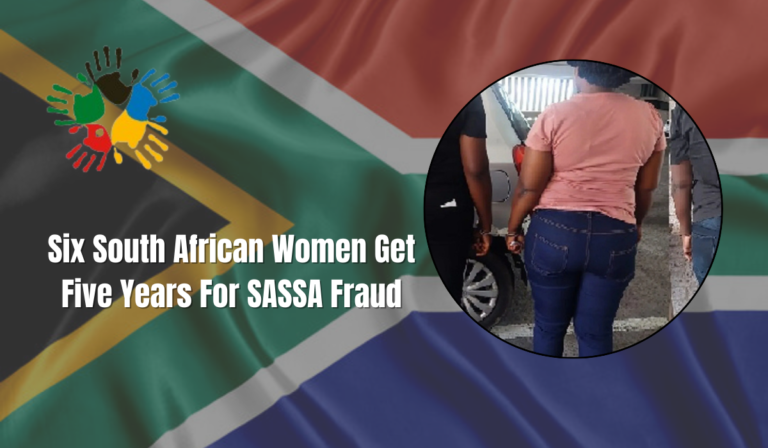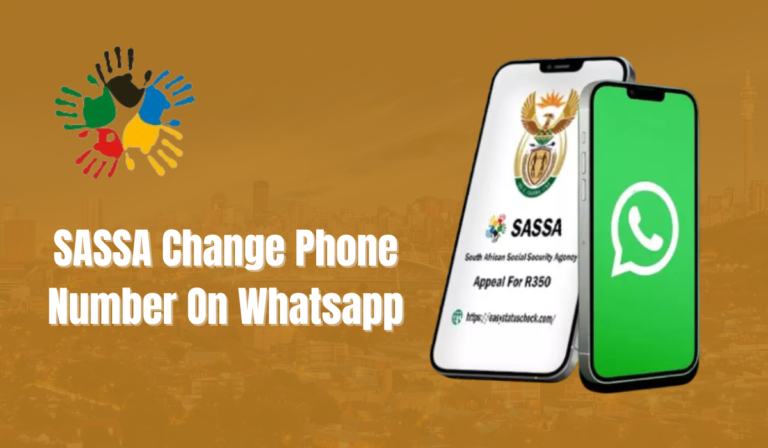SASSA Raises Child Support To R2200 – Update You Shouldn’t Miss!
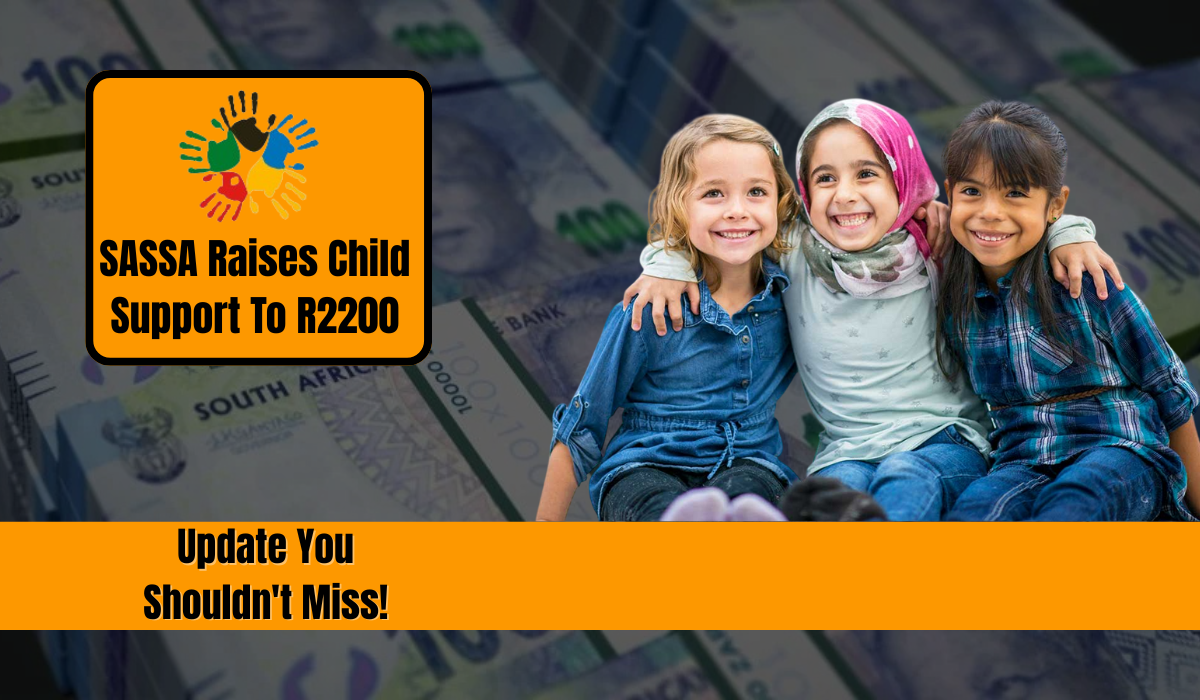
SASSA Raises Child Support To R2200. The South African Social Security Agency (SASSA) has made headlines with a groundbreaking decision raising the Child Support Grant to R2,200 per month. This move brings much-needed financial relief to millions of low-income families in South Africa. As the cost of living continues to soar, this increase marks a pivotal moment in the country’s social welfare system.
In this article, we’ll explore what the SASSA Child Support Grant is, who qualifies, how to apply, payment dates, and what this development means for the future of social support in South Africa.
What is the SASSA Child Support Grant?
The SASSA Child Support Grant is a monthly financial aid provided by the South African government to assist caregivers in supporting children under the age of 18. The primary goal is to ensure that every child, regardless of their background, has access to basic necessities such as food, education, healthcare, and clothing.
This grant plays a vital role in addressing poverty and inequality, especially in communities where unemployment and low income are prevalent.
What New in 2025?
Starting April 2025, SASSA has increased the Child Support Grant from the previous R500–R560 to a substantial R2,200 per child per month. This historic adjustment is part of the government’s strategy to combat rising inflation and the increasing cost of living that has hit the country hard.
Why This Matters
- Previous Grant Amount: R500–R560
- New Grant Amount: R2,200
- Effective From: April 2025
Why the Increase in Child Support Grant is So Significant
The jump to R2,200 per month is more than just a financial increase—it’s a lifeline for millions. Here’s how:
Improved Nutrition & Education
Families now have more resources to:
- Buy nutritious food
- Pay for school supplies, uniforms, and transport
- Support children’s education and growth
Better Living Conditions
With more funds, caregivers can now afford:
- Electricity and water bills
- Safer and healthier living environments
Financial Flexibility
For households affected by unemployment or underemployment, this increase provides breathing room to cover essential expenses.
Who Qualifies for the R2,200 SASSA Child Support Grant?
To benefit from the R2,200 SASSA Child Support Grant, caregivers must meet specific eligibility requirements. Here’s a quick breakdown:
| Eligibility Criteria | Details |
|---|---|
| Citizenship | South African citizen, permanent resident, or refugee |
| Age of the Child | Under 18 years old |
| Residency | Child must live with the caregiver in South Africa |
| Income Threshold – Single Caregiver | Must earn less than R52,800 annually (R4,400 per month) |
| Income Threshold – Married Couple | Combined income under R105,600 annually (R8,800 per month) |
| Other Conditions | Child not receiving other grants or in state care |
Note: If your child is in a government institution or already receiving a similar grant, you will not be eligible.
SASSA Payment Dates for Child Support in 2025
SASSA pays grants monthly, with staggered payment dates to avoid overcrowding at collection points. For April 2025, the expected Child Support Grant payment dates are:
| Month | Payment Dates |
|---|---|
| April 2025 | April 4th – 7th, 2025 |
| May 2025 | May 6th – 9th, 2025 |
| June 2025 | June 3rd – 6th, 2025 |
Always confirm the exact dates via the official SASSA website or helpline before heading to a pay point or ATM.
Where Will the Payment Reflect?
- Directly into bank accounts
- SASSA cards
- Cash pay points across the country
How to Apply for the SASSA Child Support Grant (2025 Guide)
SASSA offers both online and in-person application methods. Here’s how you can apply:
Online Application (Recommended)
- Visit: SASSA Services Portal
- Create an account
- Complete the application form
- Upload the required documents:
- ID (yours and child’s)
- Child’s birth certificate
- Proof of income
- Proof of residence
- Submit and wait for SMS or email confirmation
Apply at a SASSA Office
Bring the following:
- Your South African ID or valid permit
- Child’s birth certificate
- Income proof (payslip, affidavit, etc.)
- Proof of address
- Affidavit if not the biological parent
SASSA staff will assist you, and you’ll receive a receipt—keep it safe.
How Long Does It Take to Get Approved?
The typical processing time is up to 90 days. If approved:
- You’ll start receiving monthly R2,200 payments
- You will receive back pay from the date your application was submitted
Important Reminders for Grant Recipients
- Keep your contact details updated with SASSA
- Inform SASSA of changes to your income, residential status, or marital status
- Beware of scams: SASSA will never ask for money or banking information via SMS
Voices from the Ground: Real Impact of the R2,200 Grant
Many caregivers have already started seeing the positive effects of the increased grant.
“The R2,200 allowance will help me buy a decent school uniform and cover transport for my daughter. It’s truly a blessing.” — Thembi, single mother, KwaZulu-Natal
“Before, the grant couldn’t even cover food. Now, I can feed my two boys, pay for electricity, and even save a little.” — Sipho, Gauteng father
The Future of SASSA Grants in South Africa
The Child Support Grant increase is just the beginning. The Department of Social Development is exploring:
- A Basic Income Grant (BIG)
- Improved digital services
- Expanded coverage for vulnerable households
This signals a broader commitment to economic justice and long-term support for the youth of South Africa.
SASSA Child Support Grant 2025
| Feature | Details |
|---|---|
| New Grant Amount | R2,200 per child per month |
| Effective From | April 2025 |
| Eligibility Age | Under 18 years |
| Income Threshold (Single) | Less than R4,400/month |
| Income Threshold (Married) | Less than R8,800/month combined |
| Application Methods | Online or In-Person |
| Payment Modes | Bank account, SASSA card, Cash pay point |
| Processing Time | Up to 90 days |
| Back Pay | From date of application approval |
Conclusion
The decision by SASSA to raise the Child Support Grant to R2,200 marks a bold step toward social equity. This increase ensures that vulnerable children across South Africa can enjoy better education, healthcare, and quality of life.
